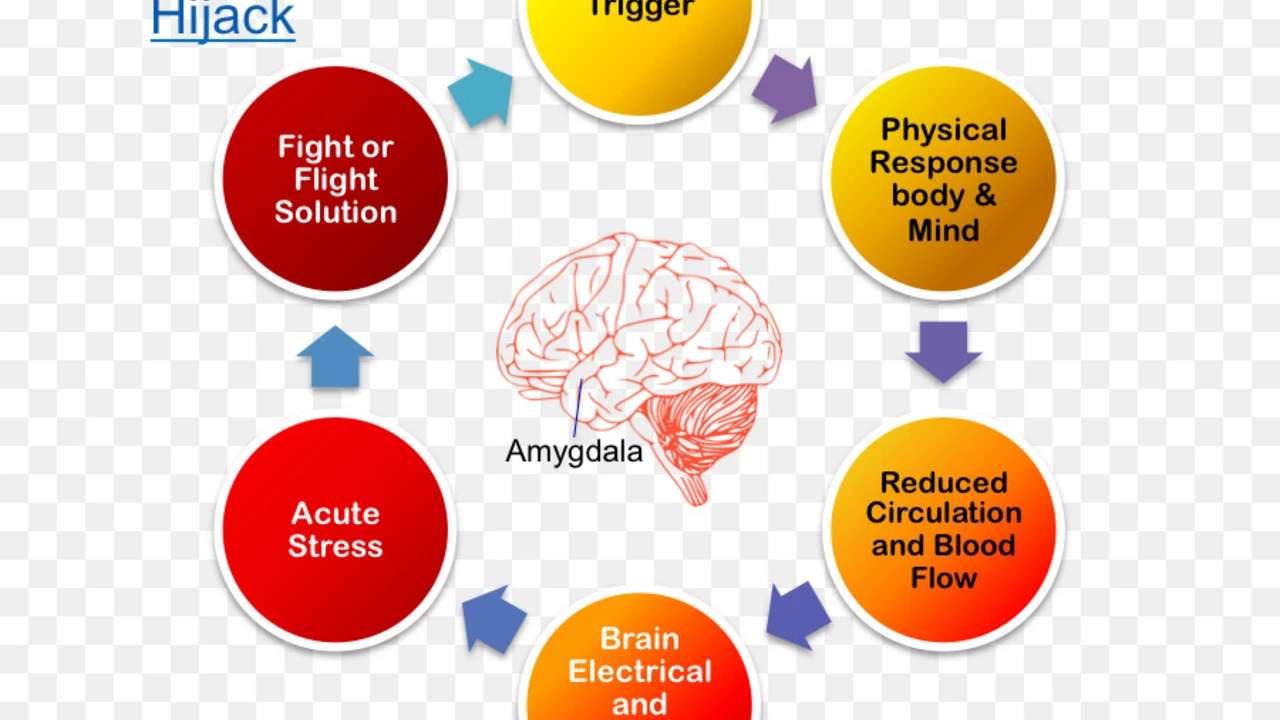Study Skills That Actually Work
If you ever feel stuck while trying to learn new material, you’re not alone. Most of us have tried endless flashcards or marathon reading sessions only to forget most of it later. The good news is that a few simple changes can make your study time far more effective.
Plan Your Sessions Like a Pro
The first step is to stop treating studying like a random chore. Pick a specific goal for each session – for example, "understand how Lipitor lowers cholesterol" or "memorize the side effects of Solian." Write that goal on a sticky note and put it where you can see it.
Next, break the goal into bite‑size chunks. Instead of trying to cover an entire article in one go, focus on a single paragraph or a list of key points. This keeps your brain from feeling overloaded and makes progress easy to track.
Stay Focused, Stay Short
The brain works best in short bursts. Try the 25‑minute Pomodoro method: study for 25 minutes, then take a 5‑minute break. During the break, stand up, stretch, or grab a drink – avoid scrolling on your phone because that pulls you out of focus.
When the timer rings, review what you just covered in one sentence. This quick recap reinforces memory and signals to your brain that the info is important.
If you notice yourself drifting, ask "What am I trying to learn right now?" That simple question pulls you back into the task without needing a big interruption.
Take Better Notes
Traditional linear notes can become a wall of text. Instead, use bullet points and headings that match your study goal. Highlight keywords – like "statin," "antihistamine," or "collagen type II" – in a different color. The visual cue helps you spot important concepts faster when you review later.
Another trick is to write a one‑line summary at the end of each page or article. That sentence becomes your mental anchor and saves time when you need a quick refresher before an exam or a client meeting.
Teach It to Someone Else
Explaining a concept out loud forces you to organize thoughts clearly. Grab a friend, a study buddy, or even your pet and walk through the main points. If you stumble, that’s a sign you need to revisit the material.
This method works especially well with drug information. Try describing how a medication works as if you’re advising a patient – you’ll quickly see which parts are solid and which need more review.
Use Memory Tricks
Acronyms, rhymes, or visual images can turn dull facts into memorable stories. For example, remember the side effects of Zovirax (acyclovir) with the phrase "Z‑Cold Sores Vanish" – the first letters cue you to the drug’s use.
Link new info to something you already know. If you already understand how cholesterol builds up, connect Lipitor’s mechanism to that picture. The brain loves building on existing networks.
Keep a Consistent Routine
Studying at the same time each day trains your mind to get into "study mode" automatically. Even 20 minutes daily beats cramming once a week. Pair your study slot with a habit you already have – like having coffee in the morning – and it becomes easier to stick with.
Finally, don’t forget to sleep. Memory consolidation happens while you rest, so pulling an all‑night session will likely erase more than it adds.
Apply these steps one at a time, and you’ll notice your retention improving without extra hours of work. Good study skills are about smart habits, not just hard work – give them a try today.






